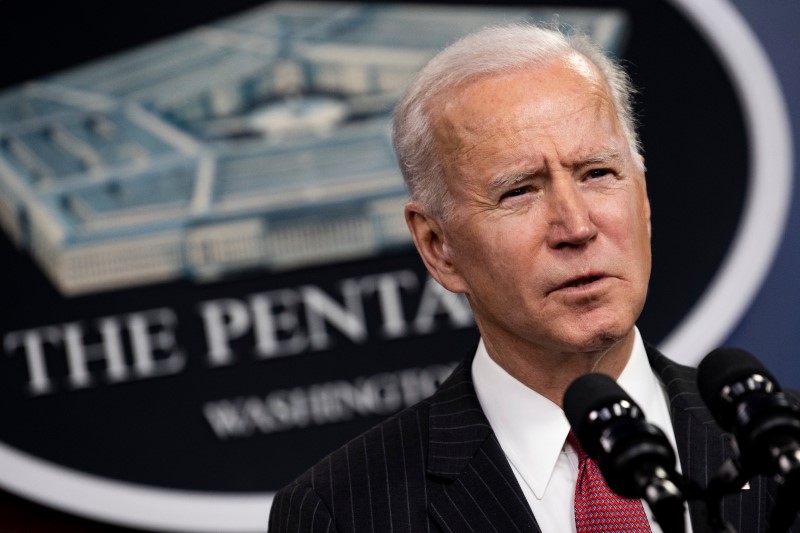(Bloomberg) — President Joe Biden’s administration is dramatically curtailing U.S. public land available for new oil and gas development as it seeks to impose more environmental protections and financial limitations on the activity.

The shift is part of a Bureau of Land Management plan to resume selling drilling rights on government-managed federal lands concentrated in the western U.S. When the government holds those auctions, expected later this year, roughly 80% less land will be available for oil and gas leasing, the agency said.
Energy companies also will be forced to pay higher royalties for the oil and gas they extract from the newly leased land.
The changes, which would ultimately boost the cost of oil and gas development on federal lands, could clash with President Joe Biden’s efforts to tame persistently high gasoline prices by releasing crude from the nation’s emergency stockpile and authorizing wider summertime sales of a cheaper higher-ethanol fuel.
“For too long, the federal oil and gas leasing programs have prioritized the wants of extractive industries above local communities, the natural environment, the impact on our air and water the needs of tribal nations, and, moreover, other uses of our shared public lands,” Interior Secretary Deb Haaland said in a news release.
“Today, we begin to reset how and what we consider to be the highest and best use of Americans’ resources for the benefit of all current and future generations,” she said.
The new leasing plan, which does not apply to U.S. coastal waters, falls far short of some climate activists’ demands that the administration permanently block oil and gas development on public land.





